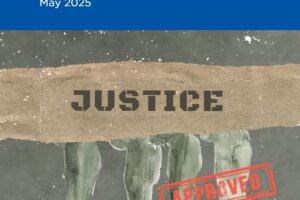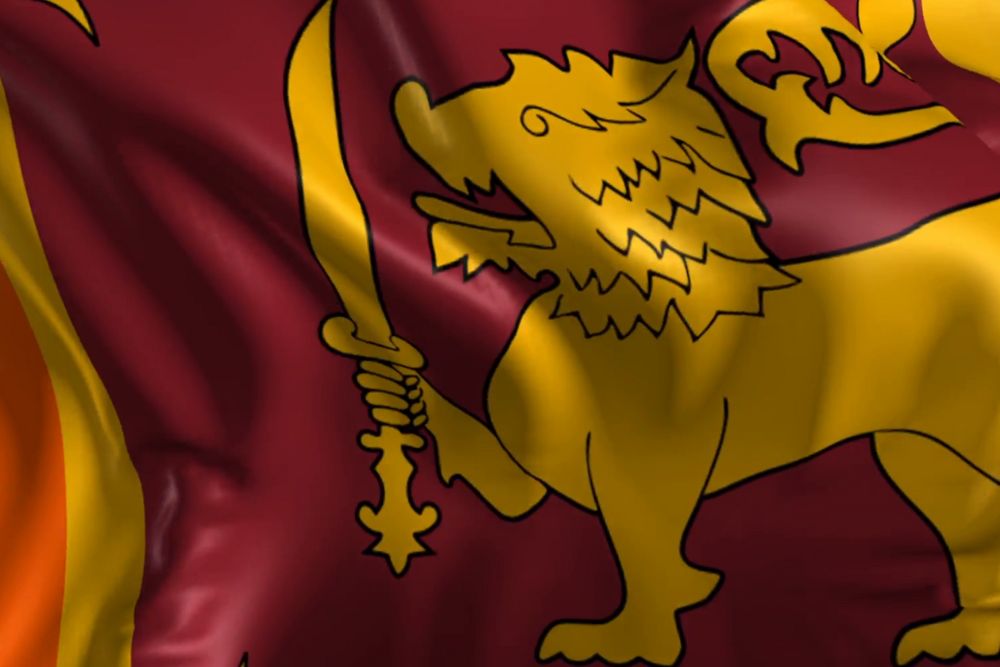
Aug 30, 2023 | News
The ICJ expressed concern about attacks on the independence of the judiciary in Sri Lanka under cover of parliamentary privilege.
On 22 August 2023, Sarath Weeresekera, a former Minister and a Member of Parliament belonging to the Sri Lanka Podujana Peramuna, the country’s ruling political party, made an inflammatory speech with racist undertones in Parliament, referring to T. Saravanaraja, the Mullaitivu Court’s Magistrate repeatedly as “a mentally ill person”, and criticizing a court order Judge Saravanaraja had made, while making personal remarks about him, including a mention of his wife. Judge Saravanaraja has been the target of this invective following an order he made upholding the right of religious worship of Hindu devotees at a Hindu shrine on Kurundur Hill, a contested religious site in the North of the country.
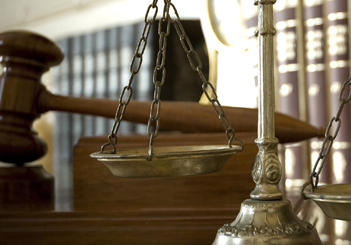
Jun 16, 2023 | News
The International Commission of Jurists (ICJ) has welcomed the Supreme Court of Namibia’s recent landmark ruling ordering the government to interpret the country’s immigration laws so as to recognize same-sex marriages concluded abroad. Nonetheless, the organization is gravely concerned at the country-wide protests against the human rights of lesbian, gay, bisexual, transgender, queer and intersex (LGBTQI+) people and against the ruling, including through a petition calling for the removal of the judges responsible for it and for the Minister of Justice to be fired. Such public attacks on judges threaten judicial independence and, in turn, undermine the rule of law.
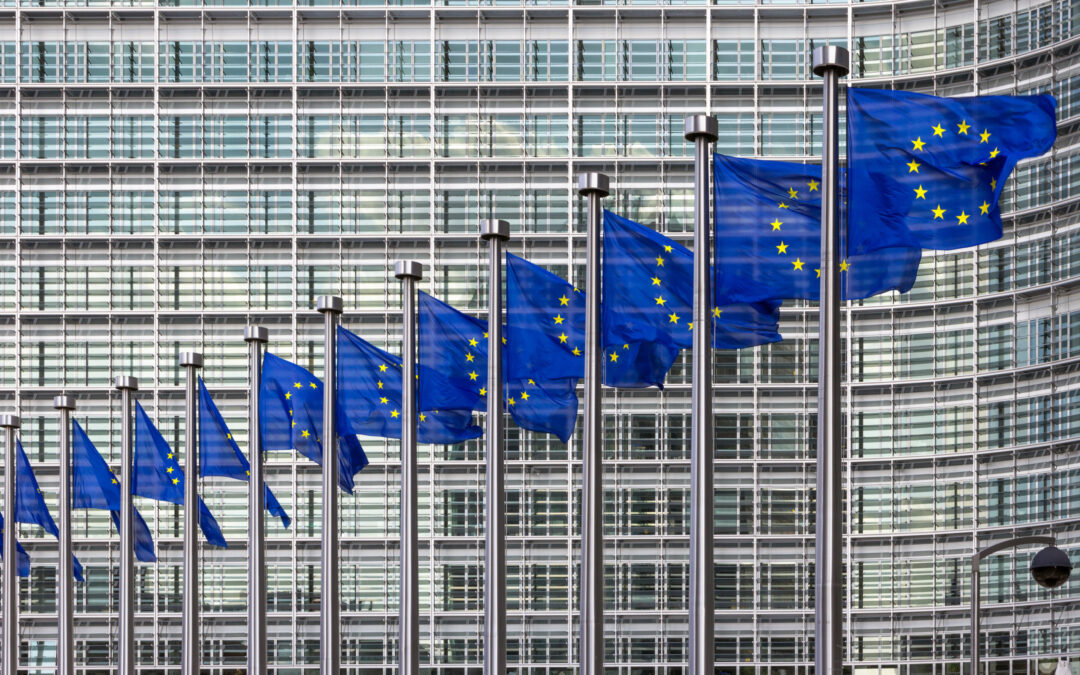
Mar 17, 2023 | Advocacy, News
يمكنكم قراءة وتحميل البيان باللغة العربية عبر هذا الرابط
At their forthcoming meeting on 20 March, EU foreign affairs ministers should publicly press the Tunisian authorities to reverse their crackdown against perceived critics, four human rights groups said today.
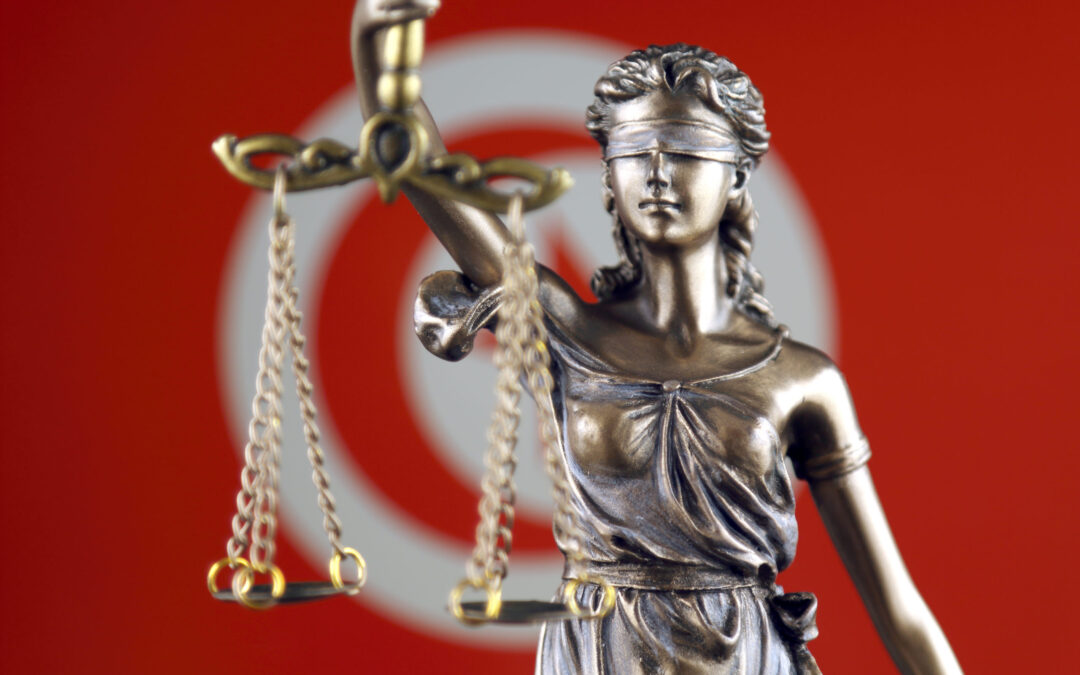
Feb 15, 2023 | News
The Tunisian authorities must cease all ongoing abusive, politicized judicial proceedings aimed at cracking down on government critics, the International Commission of Jurists said today.
يمكنكم قراءة وتحميل البيان باللغة العربية عبر هذا الرابط
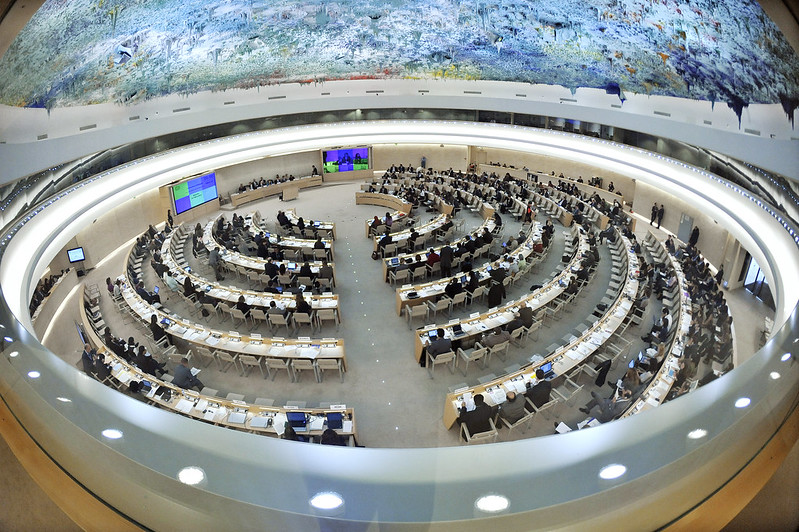
Jul 11, 2022 | News
As it concludes its 50th session, the UN Human Rights Council has shown that it can act to address the human rights situations in countries in crisis, such as Libya, Syria, Belarus, Afghanistan, Sudan and Eritrea. It also has been able to withstand fierce opposition from retrograde States to work to protect those suffering violence and discrimination based on their sexual orientation or gender identity. However, the Council continues to fail to address some of the direst human rights situations in powerful countries, such as the Russian Federation and China.







